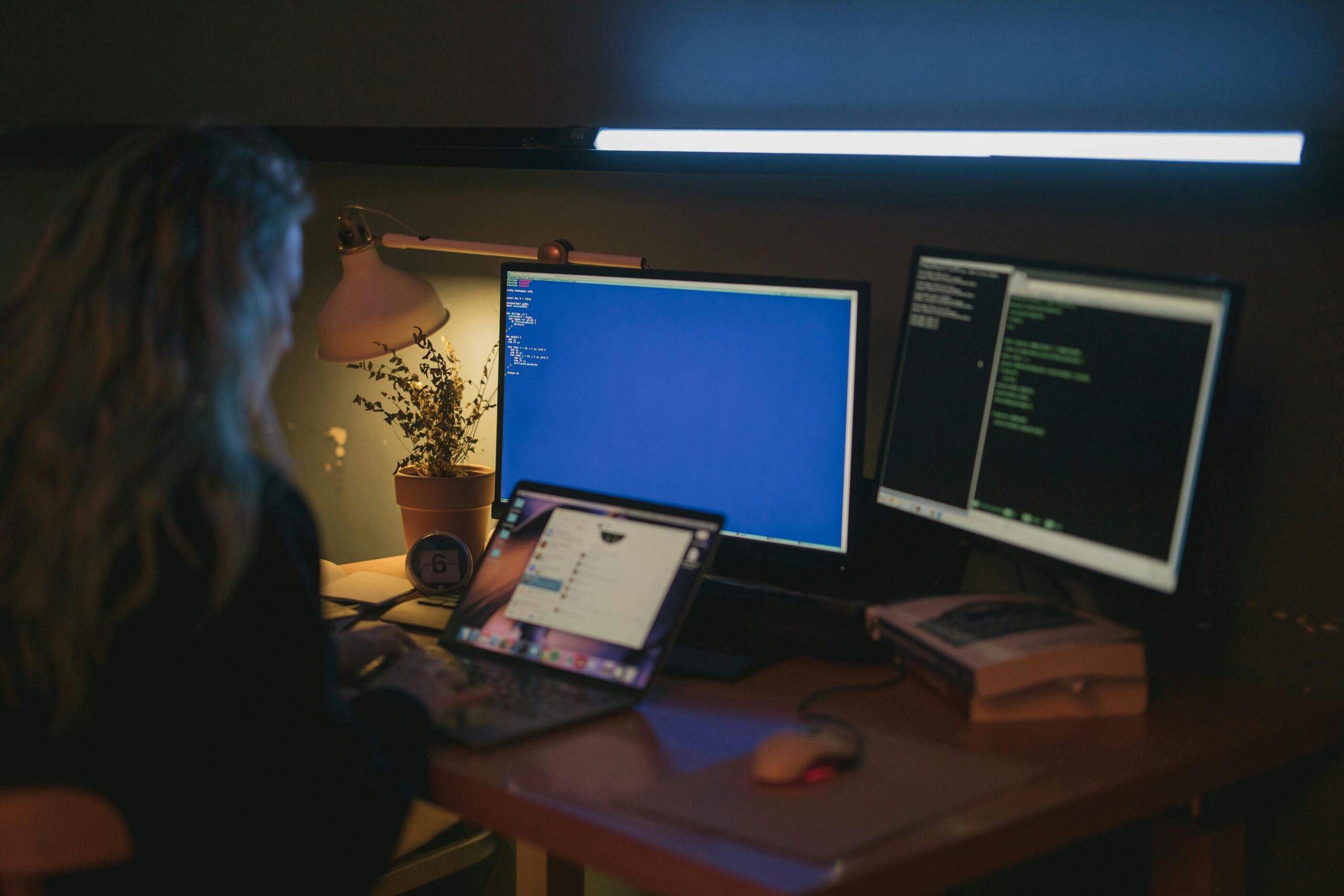In the ever-evolving landscape of technology, open source has emerged as a pivotal force, driving innovation and collaboration across the globe. At the heart of this movement are the unsung heroes—developers who contribute their time, skills, and passion to create software that is freely available to all. Among these contributors, a powerful and inspiring group stands out: women leading open source projects. These “Code Queens” are not only shaping the future of technology but are also breaking barriers and setting new standards for inclusivity in a traditionally male-dominated field.
The Rise of Women in Open Source
Historically, the tech industry has been male-dominated, with women often underrepresented in both corporate roles and community-driven projects like open source. However, the tide is turning. According to the 2021 Stack Overflow Developer Survey, while women still make up a minority of the global developer population, their presence is growing, especially in open source communities. This shift is not just a matter of increasing numbers; it represents a cultural change where diversity is being recognized as a strength rather than a quota to fill.
Pioneers and Trailblazers
Several women have emerged as leading figures in the open source community, not only contributing to but also leading some of the most significant projects in the industry. For instance, Deb Nicholson, a seasoned open source advocate, is currently the Executive Director of the Open Source Initiative (OSI). Nicholson has been instrumental in advocating for software freedom and empowering underrepresented groups within the tech community. Her leadership in the OSI has helped steer the organization towards a more inclusive and diverse future.
Another notable figure is Kirstie Whitaker, the director of the Tools, Practices, and Systems program at The Alan Turing Institute. Whitaker leads the development of open source tools that make it easier for researchers to share their work and collaborate across disciplines. Her work exemplifies the power of open source to democratize knowledge and accelerate scientific discovery.
Tracy Chou, a prominent engineer and diversity advocate, has also made significant contributions to the open source world. Chou is known for her work on ethical tech initiatives and for co-founding Project Include, an open source initiative aimed at improving diversity in the tech industry. Her efforts have not only enhanced open source projects but have also sparked important conversations about the role of ethics and inclusion in technology.
The Impact of Women’s Leadership in Open Source
The impact of women leading open source projects extends far beyond the code they write. These leaders bring unique perspectives and approaches to problem-solving, often fostering more collaborative and inclusive environments. Their leadership styles tend to emphasize community-building, mentorship, and the empowerment of others—qualities that are crucial in the open source world, where collaboration and knowledge-sharing are key.
Moreover, women in leadership positions serve as role models and mentors for the next generation of female developers. Their visibility in the community helps to break down stereotypes and encourages more women to participate in open source projects. This, in turn, contributes to a more diverse and robust ecosystem where different voices and ideas can flourish.
Challenges and the Road Ahead
Despite the progress, women in open source still face significant challenges. Gender bias, lack of representation, and the struggle to balance work with other responsibilities are just a few of the hurdles that women often encounter. However, the resilience and determination of these Code Queens continue to push the boundaries and pave the way for future generations.
Organizations and communities are increasingly recognizing the need to support and nurture female talent in open source. Initiatives like Outreachy, which provides internships to underrepresented groups in tech, including women, are helping to create more opportunities for women to get involved in open source projects. Additionally, conferences and meetups focused on women in tech are providing platforms for women to share their experiences, network, and collaborate.
Conclusion
The women leading open source projects today are not just contributors; they are trailblazers, mentors, and role models. Their work is shaping the future of technology and redefining what it means to be a leader in the open source community. As we look to the future, it is clear that the contributions of these Code Queens will continue to drive innovation, foster diversity, and inspire the next generation of developers. Their stories remind us that open source is not just about code—it’s about community, collaboration, and the shared goal of building a better, more inclusive world through technology.







